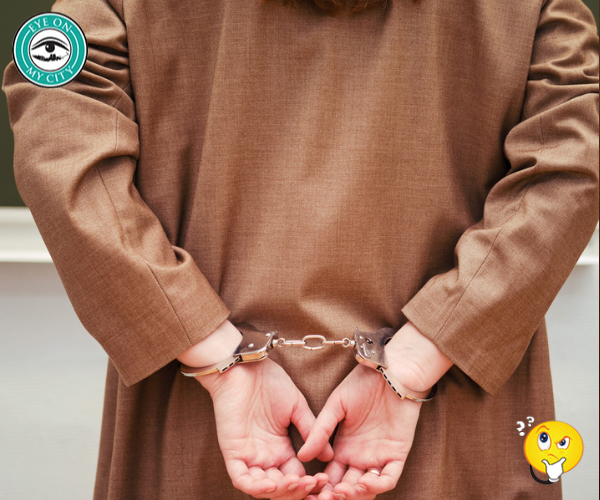Parents had a “conscience-shocking” setback in a federal appellate court recently, but the dissenting opinion, written by a Jacksonville judge, made strong arguments that might prevail if it reaches the Supreme Court.
The central issue in the 11th Circuit Court of Appeals was whether the actions of Leon County School Board officials violated the parental due-process rights of January and Jeffrey Littlejohn by implementing a gender-support plan for their child without parental involvement.
Unfortunately, the majority upheld a lower court’s dismissal of the case.
The decision revolved around the idea that the action of the school officials must “shock the conscience” to violate the law and that it did not in this case.
The action taken by school officials certainly shocked my conscience.
That’s precisely the point. What hubris it was for these judges to determine what does or does not shock the conscience when it varies so widely from person to person.
The parents argued that the school officials violated their fundamental right to direct the upbringing of their child
But the court found the action to be an executive decision rather than legislative, and therefore it must meet a higher bar by being egregiously unjustified.
The school board, in effect, contended that it was more important for them to protect the child by catering to the child’s fantasies than it was to allow parents to interfere.
The majority, acting on what it declared was precedent, found that the officials did not act with intent to injure the child or with deliberate indifference.
But Judge Gerald Tjoflat of Jacksonville dissented, arguing that the “shocks the conscience” test should not apply to cases involving fundamental parental rights. He contended that substantive due process protects parental liberty even without proving egregious conduct.
Tjoflat said parental rights such as those invoked by the Littlejohns are deeply rooted in American legal tradition and should be protected under substantive due process.
He emphasized that Supreme Court precedent already recognizes the right of parents to direct their children’s upbringing, and therefore government interference in that right should trigger strict scrutiny — not a requirement to prove egregious misconduct.
Another error by the majority he highlighted was selecting as precedent the case of Sacramento v. Lewis, which was specific to police actions that were made in a split second, rather than well-deliberated policy decisions.
Tjoflat cautioned that parents would have little chance of overcoming the barrier set by the majority and would have little recourse when school officials seek to exclude them from decision making about their child’s gender identification, education or welfare.
Should the case be appealed, the 11th Circuit’s decision could be found wanting.InTroxel v. Granville, a 2000 case, the Supreme Court ruled that parents have a fundamental right to direct their children’s upbringing, striking down a Washington law that allowed courts to grant visitation rights to third parties over parental objections, and that parental rights should be protected without requiring proof of egregious government misconduct.
The case was decided by a three-judge panel and the plaintiffs are asking that the full court review the decision.
Parental rights has become a major issue in this country because of liberal overreach, giving rise to organizations such as Moms for Liberty. Americans are not going to give up their children to politicians and bureaucrats willingly.
“We do not agree with the court’s ruling, we believe what happened in Leon Schools was wrong and violates parental rights,” a spokesman for Moms for Liberty said. “We hope the Littlejohn family uses every opportunity to further amplify awareness about what is taking place in schools nationwide.”










